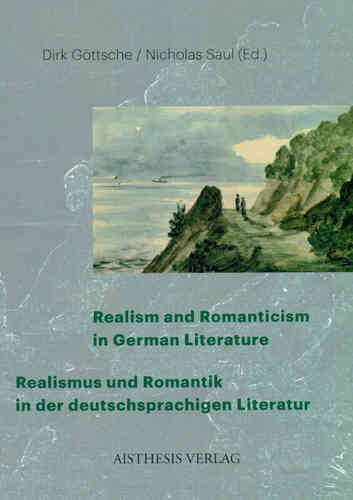|
This stout volume [...] treats a central issue of German nineteenth-century literature: the presence of Romanticism in Realism, a movement itself contemporary with, sharing in, overlapping with, eliding into, the general critique of Romanticism that began with the Young Germans, took off with the Young Hegelians, and became a kind of doctrine with the Programmatic Realists. [...] This collection covers a wide range of authors and expands the ‘canon’ of those writers considered to be serious representatives of Realism. One notes all the same that Ebner-Eschenbach, Liliencron, and Saar are missing altogether, and Gotthelf, Sealsfield, and Spielhagen are merely touched on. It is also a collection about nineteenth-century German prose and moves within those terms of reference. Would the inclusion of lyrical poetry or even verse narrative have challenged its findings? It is worth thinking about.
Roger Paulin in „Modern Language Review“ (Vol. 109, Part 4, October 2014)
[...] This collection covers a wide range of authors and expands the ‘canon’ of those writers considered to be serious representatives of Realism. [...] It is also a collection about nineteenth-century German prose and moves within those terms of reference. [...]
Roger Paulin in „Modern Language Review“ (October 2014)
[...] Even as most of the essays are written by and mostly for Germanisten, this collection has much to offer for comparatists and historians as well, and not only because some authors do broaden the picture in a European context. For the comparatist, because this volume of essays may serve as a rewarding corrective to a rather simplistic view of German realism in the nineteenth century that may still persist today. And for the historian, because so many essays here anchor their literary analyses admirably against the background of cultural history. The essays collected in „Realism and Romanticism in German Literature“, each one meticulously researched, accomplish much more than substantiate the rich interest of poetic realism in the German nineteenth century; it is a potential treasure trove for any reader interested in the complicated literary as well as cultural history of the German nineteenth century.
Helmut Illbruck in „German Studies Review“ (February 2015)
|

